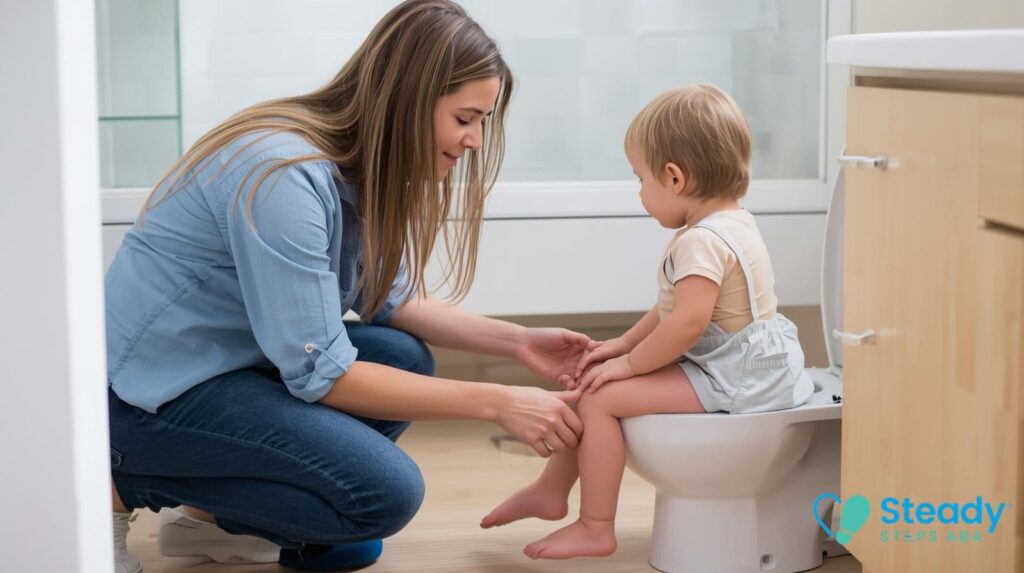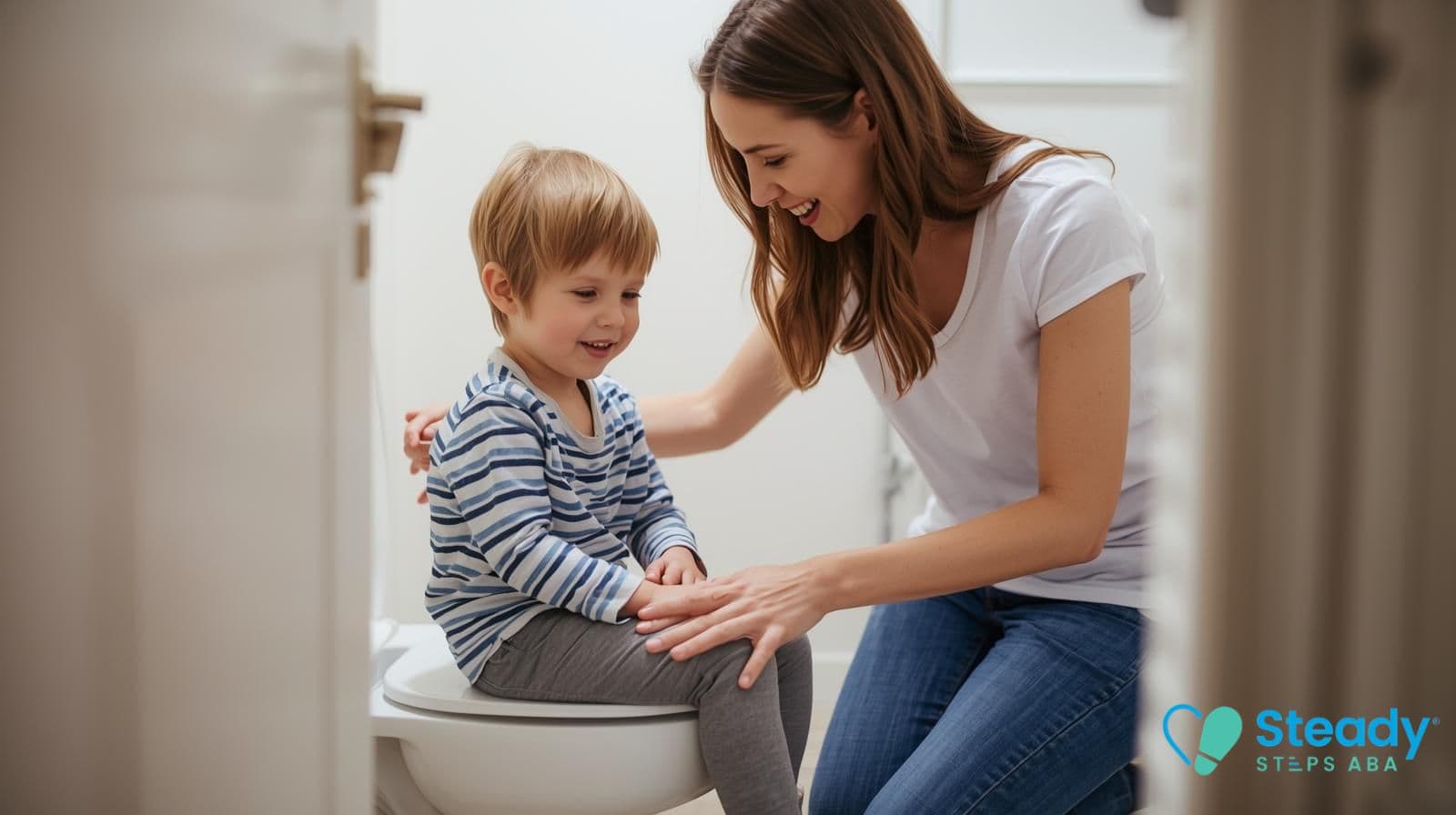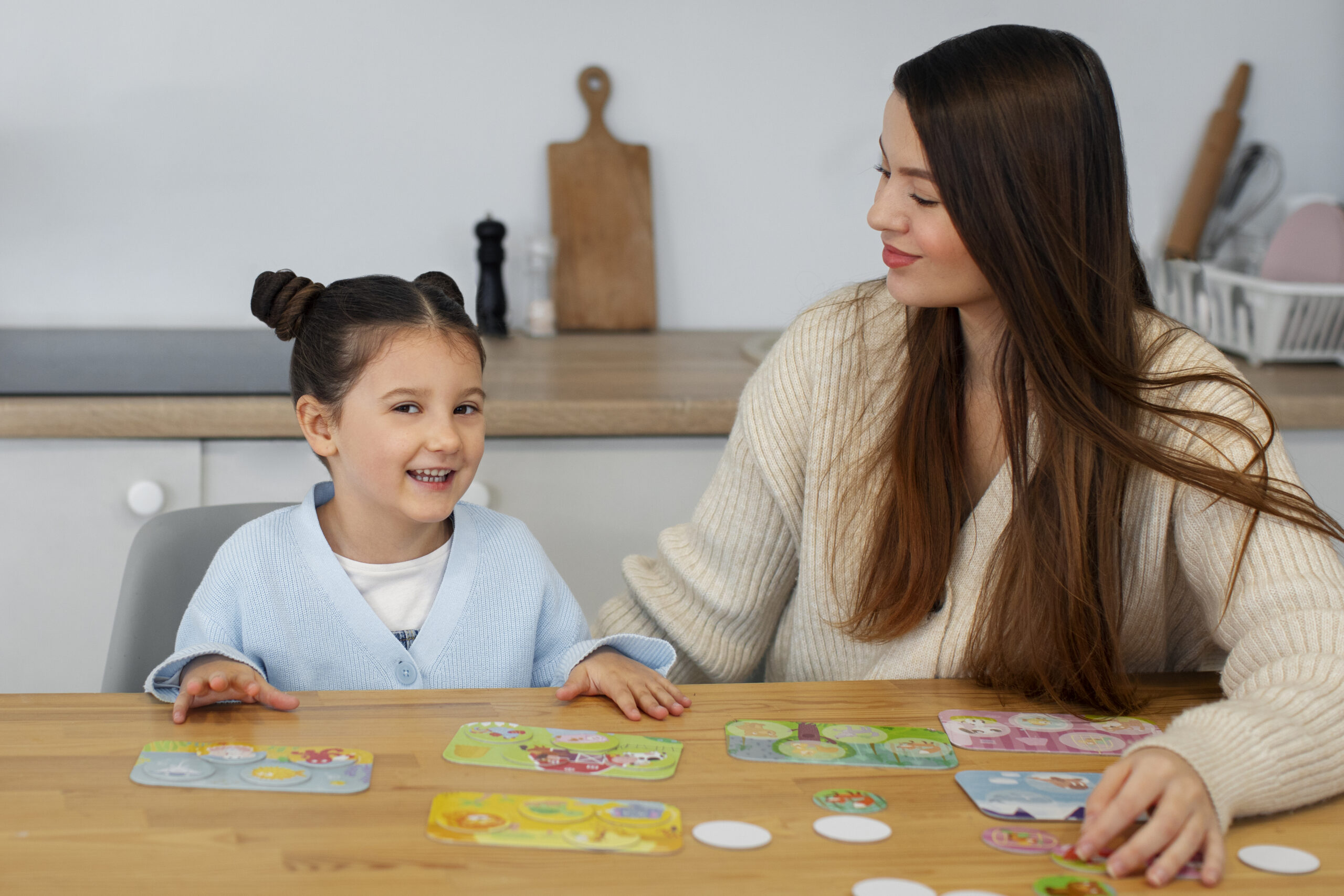Key Points:
- Parents in continence coaching often experience emotional burnout, stress, and self-doubt.
- Practical self-care methods, including boundaries, routines, and support systems, can ease the mental load.
- Integrating ABA therapy support can play a vital role in helping both the child and the caregiver.
Potty training isn’t just a milestone for children. It’s a deeply emotional journey for parents, especially when continence coaching becomes a long-term process. If you’ve clicked on this article, chances are you’re not just tired, you’re worn thin. Continence coaching can stretch a parent’s patience and energy in ways few other parenting tasks do. It’s physically repetitive, emotionally draining, and at times, incredibly isolating.
Whether you’re dealing with neurodivergent behaviors, developmental delays, or just a child who isn’t responding to traditional potty training methods, the pressure can feel relentless. In this article, we’ll walk through how to take care of you while supporting your child through continence coaching. This is about sustaining your well-being while navigating this difficult, often misunderstood parenting challenge.
Why Continence Coaching Can Emotionally Drain Parents
Let’s name it: continence coaching is exhausting. Unlike most parenting tasks, it’s an all-day, everyday commitment with no off-switch. Some of the most common pain points parents report include:
- Constant cleaning and laundry
- Regression after progress
- Resistance or behavioral outbursts
- Guilt and comparison with other children’s timelines
- A lack of clear milestones
- Pressure from schools or caregivers
Parents are often told to “be patient” or “stay consistent,” but that advice doesn’t account for the deep emotional fatigue that builds over weeks and months. It’s not just about your child’s bladder control because your sanity and emotional resilience are on the line, too.
Recognizing the Signs of Burnout
Before we dive into strategies, it’s important to identify if continence coaching is wearing you down more than you realize. Some signs of parenting burnout during this phase include:
- Irritability over small setbacks
- Avoiding potty training routines
- Trouble sleeping or frequent exhaustion
- Feeling resentment toward your child or situation
- Lack of motivation in other areas of life
- Emotional outbursts or crying spells
Recognizing these signs doesn’t make you a bad parent. It makes you a human one. And it means it’s time to give your own needs some priority.
How You Can Handle Continence Coaching Better
While frustrations are inevitable. There are things you can do to make things easier for you and your child:
1. Set Realistic Expectations For You and Your Child
Continence coaching is not a one-size-fits-all process, and it rarely follows a textbook timeline. Especially in children with autism or developmental delays, it may take longer or require specialized methods.
Tip: Replace rigid goals like “potty trained by 3” with functional goals like “use the toilet once per day with prompts.” Celebrate incremental progress instead of complete independence.
By adjusting your expectations, you reduce the pressure that leads to daily frustration and disappointment. The path will look different for everyone, and that’s okay.
2. Create a Simple, Sustainable Routine
Routines help children, but they also help parents by reducing decision fatigue. Instead of reacting to every bathroom need, create a schedule that works for your child’s patterns.
Sample Routine:
- Morning potty attempt after waking
- Scheduled bathroom trips every 2 hours
- Visual cues or timers as reminders
- Wind-down potty attempt before bedtime
Make sure the routine is manageable enough that you’re not sacrificing your own basic needs. Keep it flexible for hard days.
3. Protect Your Time and Energy
One of the hardest parts of continence coaching is how it eats into every hour of your day. Protecting small pockets of time for yourself isn’t selfish but actually necessary.
Boundaries to Consider:
- Block out 20 minutes daily for something you enjoy
- Say no to extra commitments during intense coaching phases
- Allow others to help, even if they don’t follow your method perfectly
- Step away briefly when you feel overwhelmed
Even a 5-minute break can reset your patience levels. You don’t need a spa day—you need a moment to breathe.
4. Normalize the Emotions That Come With This
Shame, guilt, embarrassment, and even anger often creep in when continence coaching doesn’t go smoothly. Parents may feel judged by family, teachers, or other parents.
Normalize your experience by reminding yourself:
- Struggling doesn’t mean failure
- Potty training isn’t a parenting report card
- You’re not alone, even if it feels like it
Connecting with other parents, especially those in similar situations, can lift the emotional weight. Online forums, parent support groups, or even brief conversations with your child’s care team can offer perspective and validation.
5. Use Positive Reinforcement Strategies for Both Your Child and Yourself
Continence coaching often involves reward systems or reinforcement for children. But why not apply the same principle to yourself?
Try this:
- Reward yourself after tough days (a treat, a show, a nap)
- Track your own consistency and progress
- Use affirming language internally (“I handled that meltdown well”)
- Acknowledge your efforts, not just the outcomes
Self-reinforcement builds emotional resilience. When your efforts are seen, even just by yourself, it makes the struggle more bearable.
6. Ask for Professional Help When You Need It
You don’t have to navigate this alone. Sometimes continence coaching stalls because a child needs additional support through behavior-based interventions, like those offered in Applied Behavior Analysis (ABA).
If your child is not making progress, frequently resists the toilet, or exhibits disruptive behaviors around toileting, these may be signs that a trained professional should step in. Behavior therapists can create tailored toileting protocols based on your child’s specific needs and patterns.
You don’t need to be everything to your child. Knowing when to delegate is a sign of wisdom, not weakness.
7. Take Care of Your Body as Much as Your Mind
The stress of continence coaching often leads to physical neglect. Skipping meals, lack of movement, and disrupted sleep are all common. This depletes your capacity to show up with patience and consistency.
Simple Physical Self-Care Practices:
- Drink water every time your child uses the toilet
- Stretch for 3 minutes during each bathroom break
- Prepare easy-to-grab snacks for yourself
- Set a bedtime alarm for your own sleep routine
Your body is in this, too. Give it the care it needs to stay strong.
8. Accept Regression Without Panic
Progress in continence coaching is rarely linear. Illness, stress, new environments, or life changes can all trigger setbacks. Expect them.
Regression doesn’t mean the coaching isn’t working. It often means your child is still processing and learning.
What Helps:
- Revisit earlier routines or supports
- Stay neutral emotionally during accidents
- Don’t compare this phase to previous ones
- Keep consistent reinforcement in place
Meeting regression with compassion, for your child and yourself, keeps the coaching relationship healthy and sustainable.
 Get Support That Helps You Breathe Again
Get Support That Helps You Breathe Again
If you’re deep in the trenches of continence coaching and feeling like you’re losing yourself, it may be time to ask for help that’s evidence-based and compassionate. Steady Steps ABA provides ABA therapy services in Maryland designed to support both children and caregivers.
Our team at Steady Steps ABA helps develop customized toileting programs that reduce frustration, increase progress, and bring peace back into your home. ABA therapy doesn’t just focus on your child’s success. It can support your mental well-being by easing the daily burden.
Let us walk with you on this journey. You don’t have to do it all alone. Schedule your free consultation today!







